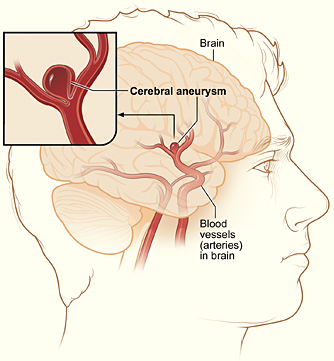One of the things that mankind has been fascinated with throughout history is the concept of an apocalypse or doomsday. Just in the last decade, there have been no less than fifty claims that the world would end on a certain day. The most famous of these include Nostradamus’ prediction that the world would end on July 1999, the Y2K problem that suggested that the year 2000 would cause all computers to malfunction, and many claims that a certain date would be the Rapture – the second coming of Christ and the end of the world. The latest of these doomsday predictions is the one regarding the Mayan calendar. There are claims that on the 21st of December, 2012, the Mayan calendar finishes its 5125-year cycle, leading to a cataclysmic event that will destroy the universe. But of course as usual, this theory is complete and utter nonsense.
Firstly, there are no records that the Mayans predicted that the world would be doomed when the cycle would finish. It is true that December 2012 marks the end of a b’ak’tun – a time period in the Mesoamerican Long Count calendar equating to about 394 years, much like how we measure 1000 years by 1 millennium. Essentially, it is like a “turn of the century” for the Mayans. Pretty much the entire concept of the Mayan calendar ending bringing doom to us all was fabricated by some shoddy academics and New Age believers.
Secondly, every theory about how the world might end in such a scenario has been disproven. Some of the most popular “theories” were: the collision of a Planet X or “Nibiru” with Earth, geomagnetic reversal and galactic alignments. However, to this date (20th December, 2012), there are no large rocks or planets hurtling directly towards Earth (would have been noticed by thousands of astronomers worldwide months prior), the magnetic poles are stable (even if they switched it would not cause much harm) and there are no alignments between planets, moons or stars scheduled at the time.
No matter how crazy the theories and predictions are, there will always be people claiming that the world will end soon, and that we should repent our sins or something like that. Even better, there will be a significant amount of people who believe it or at least worry enough about it to affect their lives somehow.
Perhaps the most fitting quote for this phenomenon is something that Martin Luther wrote in his diary at a young age: “Even if I knew that tomorrow the world would go to pieces, I would still plant my apple tree”. Whether the world is ending or not, live your life to the fullest, seizing every day and making the most of your chances.





